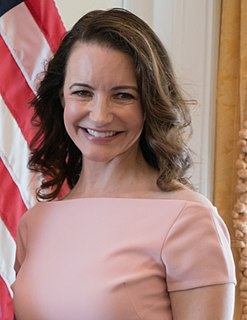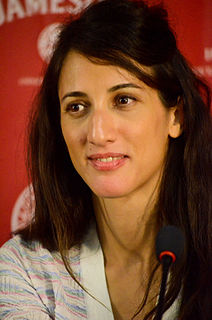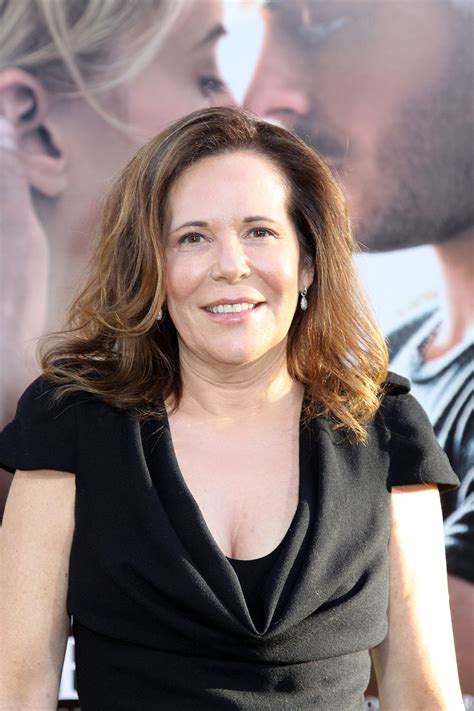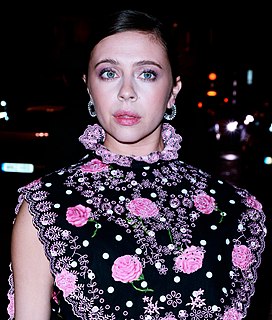A Quote by Stella McCartney
When I first started designing sportswear, I felt that women weren't represented in sports performance. I felt that men were dressed really well both technically and visually, and women were almost like an afterthought.
Related Quotes
After 'Jessica Jones' came out, I started hearing firsthand from a lot of women who were so inspired by the character, who felt represented, who felt like watching Jessica on screen helped them in their own lives. Women are devouring content like that because everybody is complicated; not everybody is one thing.
Margaret Atwood, the Canadian novelist, once asked a group of women at a university why they felt threatened by men. The women said they were afraid of being beaten, raped, or killed by men. She then asked a group of men why they felt threatened by women. They said they were afraid women would laugh at them.
Men's clothing is more pure in design. It's more simple and has no decoration. Women want that. When I started designing, I wanted to make men's clothes for women. But there were no buyers for it. Now there are. I always wonder who decided that there should be a difference in the clothes of men and women. Perhaps men decided this.
I started with jewelry when I was probably 24 years old. It was really just in response to a feeling that most of the fine jewelers were men appealing to men and selling pieces in a very unmodern way. I felt that there was a huge demographic of self-purchasing women who were feeling uncomfortable in the traditional retail environment.
I was first drawn to active wear because I enjoy working out, and it's very important in this day in age. I really felt women were getting the tail end of the design in active wear; not getting the technology or design we deserved. It was reserved for men. We were getting the leftover work from the sports design houses.
I have always felt that perhaps women have sometimes almost embraced the same values as men, and the same character as men, because they are in the men's world, and they are trying to fit into a system that men have created. And maybe in truth when there is a critical mass of women who play that role in governments, then we will see whether women can really manage power in a way that is less destructive than the way that men have used power.
There were a few before me, there was a generation that started a little bit before me of women producers and Sherry Lansing, she was the first woman studio president, and she was really inspiring to me. I was inspired by other women in other fields, I was an adolescent in the 70s with the second wave feminism, and I got very inspired by that and felt like, you know what, there's no reason why I can't do this.






































